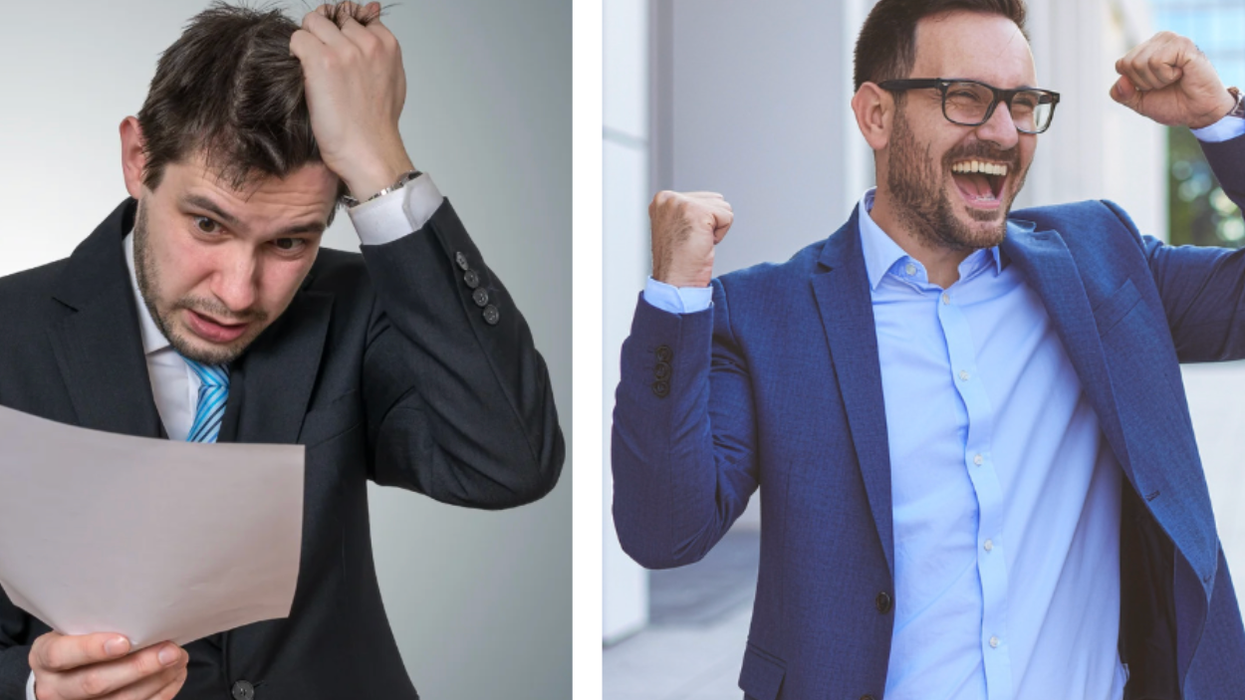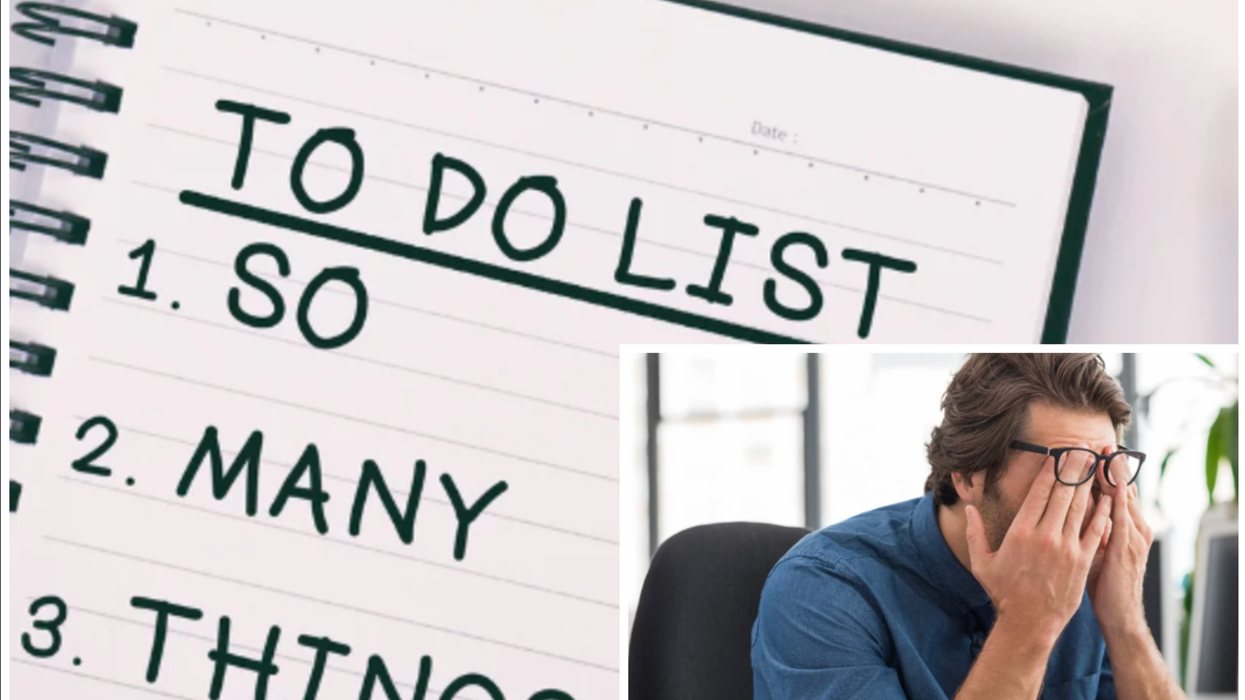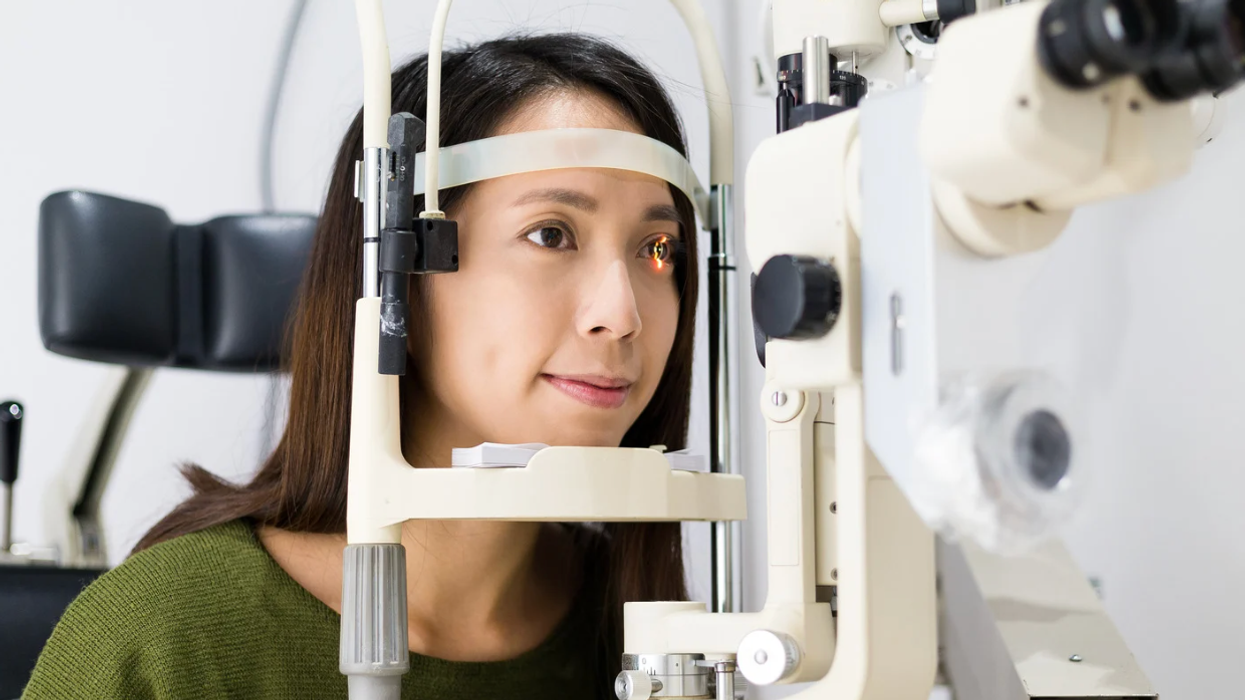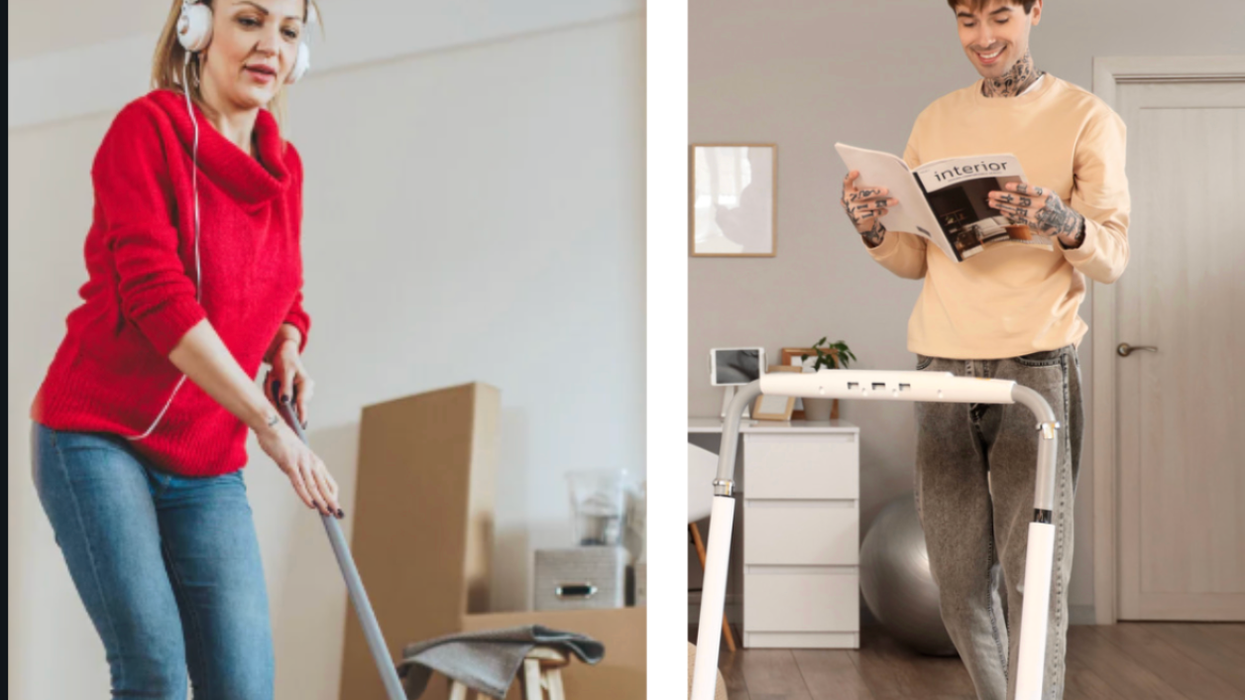One of the many things that unite us in life is that grief, at some point, is inescapable. Whether we lose a loved one to death, experience a breakup, or simply lose touch with a very good friend, it's a spectrum of loss, and, put simply, it's inevitable.
Over the years, many therapists have supported the idea that grief is something that shouldn't be endured in solitude. And while it's true that a sense of community can be important in hard times, there are some people who just need to process much of their grief alone.

Now, there's research to suggest that it's absolutely healthy for those to do so, if that's what they desire. In the article "Grieving Alone: How Grief & Solitude Can Help When Coping With Loss," editor-in-chief of The Roots of Loneliness Project Allison Huff writes, "It isn’t necessarily 'bad' to go through grief alone, and in fact, it can be a healthy way to process a loss if it’s what a grieving person needs to do for themselves and their emotional health—especially after the funeral is over."
She notes that it's actually not uncommon for people to just need a break. "Being alone can feel like a welcome respite as you begin the grief-processing journey—even if you weren’t involved with making the funeral arrangements at all—and it’s a path many people choose for themselves, with good reason."
Huff carefully relays that a person who chooses to grieve alone should take note if their natural grief becomes long-term depression. The two emotions, though different from one another, are instinctively intertwined, and the sadness can feel ever-changing. But she stresses how important it is to remember that "people live on in memory." She cites writer Ernest Hemingway's famous quote, "'Every man has two deaths: when he is buried in the ground and the last time someone says his name.'"
Even if you choose alone time during grief, she also suggests spending time outdoors and/or writing a letter to the person you lost. And of equal importance, she implores that one should not be afraid "to open up to others when you need to" and to understand that you shouldn't "set a time limit for your grief."

She reiterates, "It is absolutely okay to process your grief alone in solitude if it is what you feel you need to do to heal through a loss." She mentions a study in the Journal of Experimental Psychology entitled "Rituals Alleviate Grieving for Loved Ones, Lovers, and Lotteries" that supports how natural it is for people to engage in private rituals when they are mourning.
Many people on Reddit agree and feel heard. In the thread "Does anyone else prefer to grieve quietly/alone?" (in the subreddit group "Grief/Support"), many discuss the struggle they have with wanting to be alone, but also remaining polite.
One commenter said, "I’m definitely a private griever, because grief is so personal. The closer the person was to me, the more I want to be alone. Like when my dad died, I didn’t want to see anyone. I was angry that other people existed. Just wanted to be left alone. So that’s a totally valid and natural way to grieve. Do whatever you gotta do, friend."
Another agrees and shares that grieving with others adds a whole other layer of responsibility for the person's feelings. "Yep. I can't grieve with others. I end up comforting them and not giving any time to take care of my own grief. I was basically chief mourner at my dad's funeral. My parents are divorced, and I was a lot closer to him than my other siblings. Everyone sought me out to offer their condolences, but I felt more like I was their shoulder to cry on rather than the other way around."
But, even though they felt encumbered by others, they added this lovely spin: "It was nice in a way, feeling how much my dad was loved."

This Redditor reminds people just how personal loss is: "My own experience is that people grieve at different moments, and it's difficult to want to listen when you've tucked things away for a while… Grieving is personal and really complex, in my opinion. Just do whatever you feel you need to do."

















 Women and people of color who experience cardiac arrest are less likely to receive CPR.
Women and people of color who experience cardiac arrest are less likely to receive CPR.
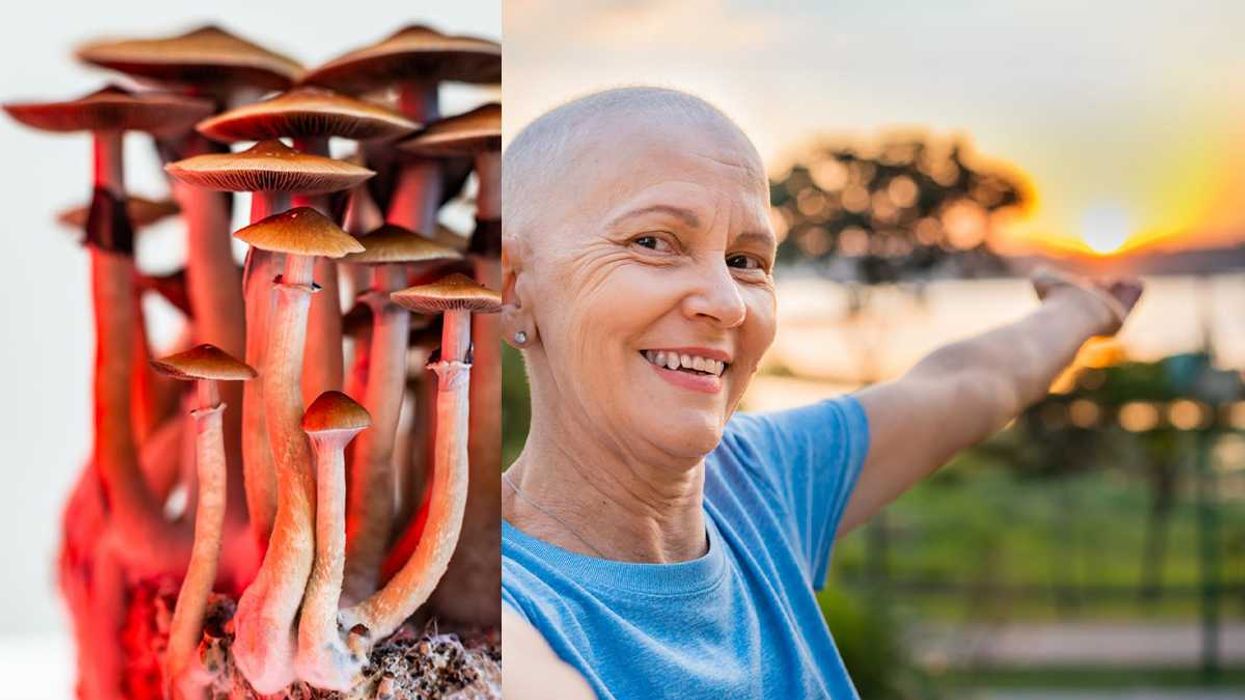
 Mushrooms containing psilocybin.Photo credit:
Mushrooms containing psilocybin.Photo credit: 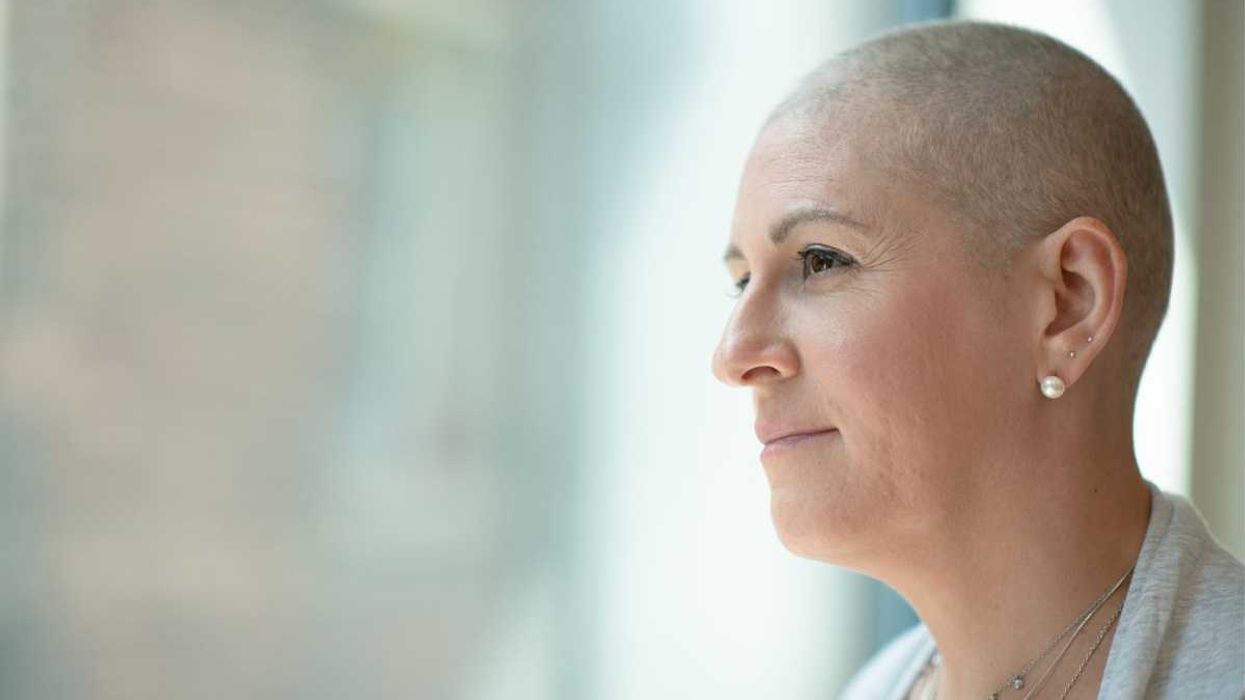 Woman undergoing cancer treatments looks out the window.Photo credit:
Woman undergoing cancer treatments looks out the window.Photo credit: 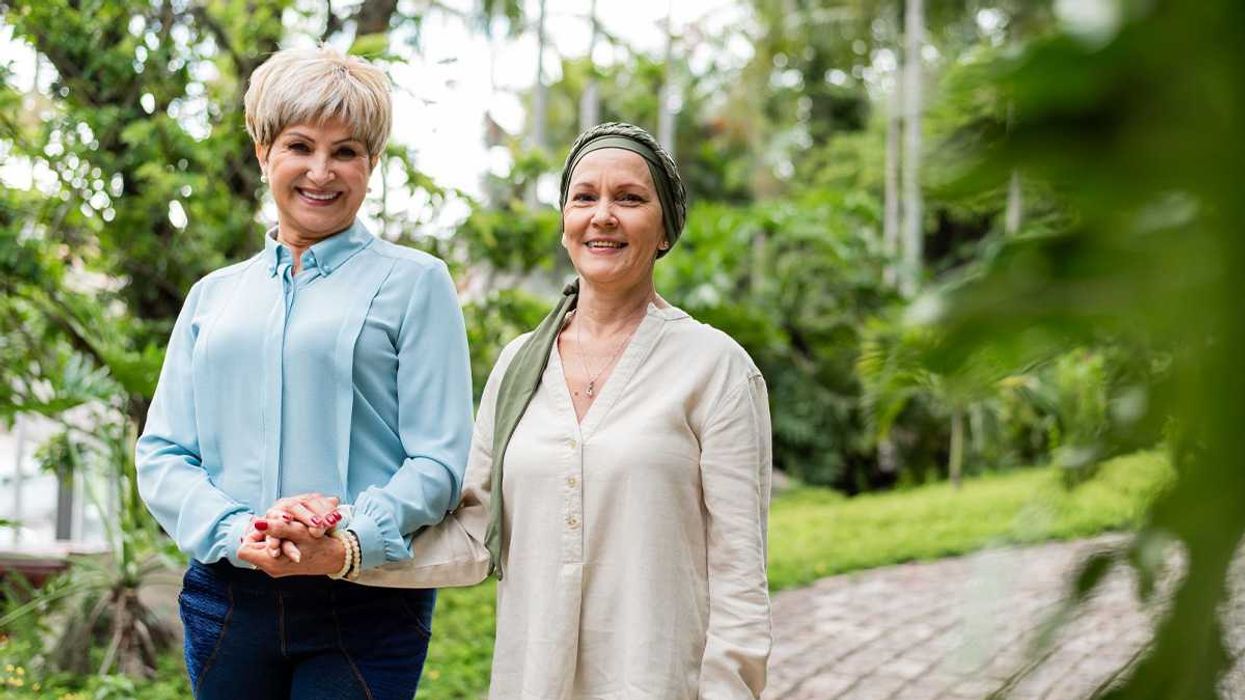 Friend and patient on a walk.Photo credit:
Friend and patient on a walk.Photo credit: 